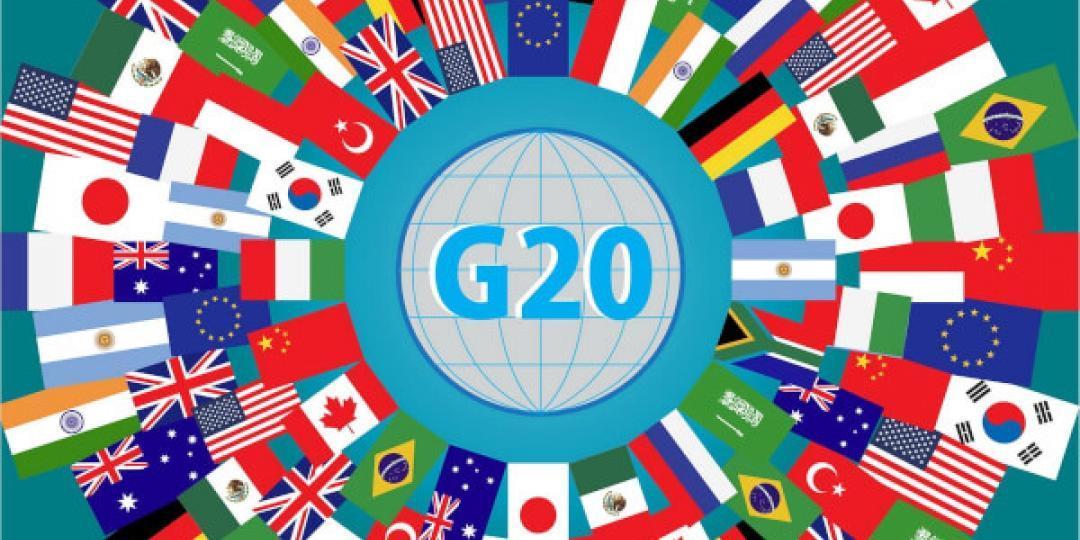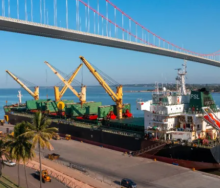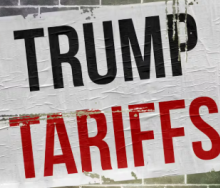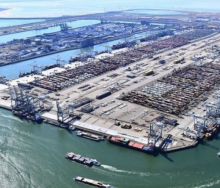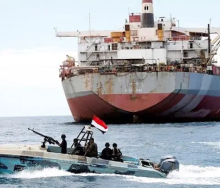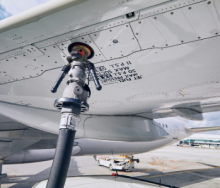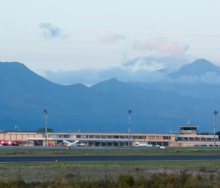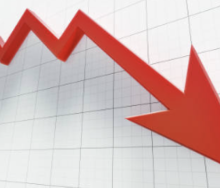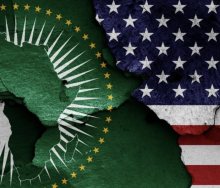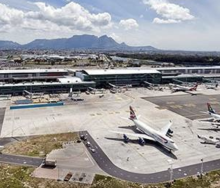G20 economies have continued to exercise restraint in the use of trade-restrictive measures despite increasing economic uncertainty aggravated by the Covid-19 pandemic and the war in Ukraine, according to the 27th World Trade Organization Trade Monitoring Report on G20 trade measures issued last week.
WTO Director-General Ngozi Okonjo-Iweala called on G20 countries, and WTO members at large, to show that the international community can work together to de-escalate tensions and ensure a solid economic recovery.
“This report arrives at a time when the world economy faces several challenges. As we continue to fight against the Covid-19 pandemic, the conflict in Ukraine has created a humanitarian crisis of immense proportions, with serious implications for millions of people, especially with respect to their food security. It is in this context of economic and trade uncertainty that G20 economies must show restraint in implementing trade-restrictive measures and exercise leadership in supporting open and mutually beneficial trade,” she said.
The G20 Trade Monitoring Report makes reference to the recent WTO 12th Ministerial Conference (MC12) on June 12-17, which secured unprecedented multilaterally negotiated outcomes.
“At MC12 we saw that, with the requisite political will, the international community can secure outcomes on a wide range of issues and react to the world's most pressing issues, especially when global solutions are necessary to respond to the pandemic and food insecurity, tackle environmental challenges, and foster greater socioeconomic inclusion. I urge the G20 to build on this momentum to de-escalate trade tensions to spur investment, growth and job creation,” Okonjo-Iweala added.
During the review period covered by the report (mid-October 2021 to mid-May 2022), the estimated trade coverage of the regular import-facilitating measures introduced by G20 countries ($581.5 billion) far exceeded the trade coverage of import-restrictive measures ($18.2 billion).
The early part of the review period provided some encouraging news for a post-pandemic economic recovery, but the Omicron variant outbreak and the conflict in Ukraine had a significant impact on trade flows as a result of specific trade-related measures adopted in response to the crises.
The Omicron outbreak saw Covid-19 cases and deaths rise sharply in the first quarter of 2022 and, more recently, stringent lockdowns in China disrupted production and trade at a time when supply pressures appeared to be easing. The report indicates the lockdowns could lead to renewed shortages of intermediate and final goods, aggravating supply chain problems and inflationary pressures.
During the review period, 12 Covid-19 measures on goods were communicated by G20 economies, primarily amendments of existing measures originally implemented in the early stages of the pandemic or the termination of others.
Similarly, the flow of new Covid-19-related support measures by G20 economies to mitigate the social and economic impacts of the pandemic significantly decreased over the past seven months. In the services sectors no new Covid-19-related measures were reported during the review period, but many measures introduced in 2020 were still in force and others were extended.
Since the outbreak of the pandemic in early 2020, 156 Covid-19 trade and trade-related measures in goods have been implemented by G20 economies. Of these, 113 (72%) were of a trade facilitating nature, with an estimated trade coverage of $111.8bn. Forty-three (28%) could be considered trade-restrictive, with an estimated trade coverage of $95.7bn.
Export restrictions accounted for 93% of all restrictive measures implemented, and more than half of them were phased out during the review period, meaning that 19 export restrictions remained in place.
The war in Ukraine was another factor weighing on trade during the review period. The Secretariat identified 14 export restrictive measures put in place by five G20 economies during the review period in response to the conflict. These included quotas, temporary bans, or technical and administrative requirements limiting exports (or re-exports) of a wide range of agricultural commodities such as wheat, cereals, sunflower seeds, sunflower oil and other vegetable oils, soybean products, sugar, and flour. Various fuel products and fertilisers were also subject to export restrictions.
The WTO trade monitoring reports have been prepared by the WTO Secretariat since 2009. G20 members are: Argentina; Australia; Brazil; Canada; China; the European Union; France; Germany; India; Indonesia; Italy; Japan; the Republic of Korea; Mexico; the Russian Federation; Saudi Arabia; South Africa; Türkiye; the United Kingdom; and the United States.
